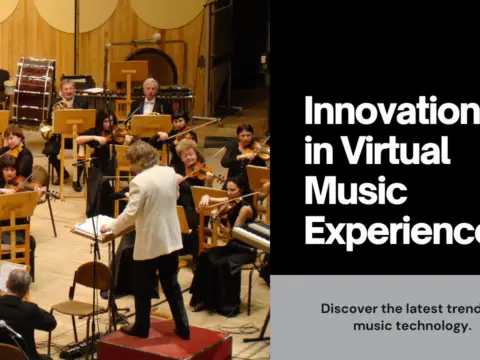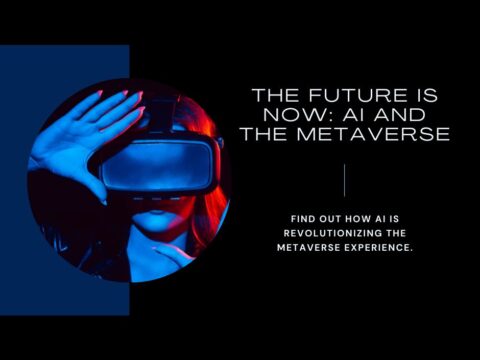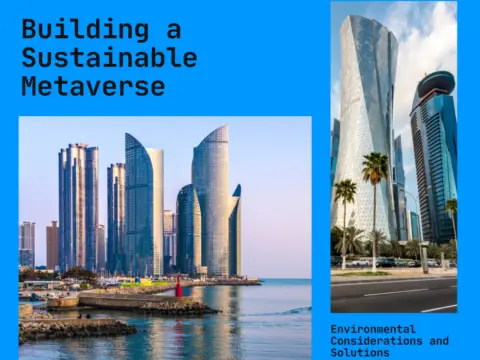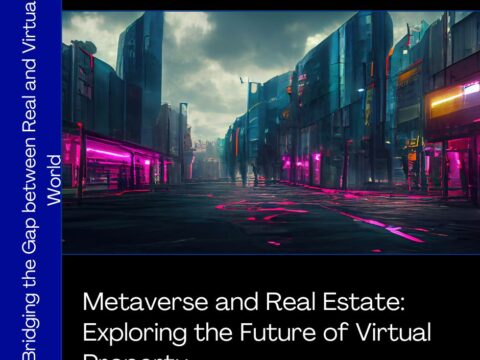The advent of the Metaverse has brought about a paradigm shift in virtual education, offering unprecedented opportunities for enhanced learning and skill development. This exploration delves into the ways in which the Metaverse transforms the educational landscape, providing a dynamic and immersive environment for learners to thrive.
1. Immersive Learning Environments:
- Transformation: The Metaverse creates immersive digital spaces that go beyond traditional online classrooms.
- Impact: Learners can engage in realistic simulations, enhancing understanding and retention of complex concepts.
2. Collaborative Learning Experiences:
- Dynamic Interaction: The Metaverse fosters collaboration through shared virtual spaces.
- Benefits: Learners can collaborate on projects, engage in discussions, and learn from diverse perspectives in real-time.
3. Personalized Learning Journeys:
- Adaptability: Metaverse platforms leverage AI to customize learning experiences based on individual preferences and progress.
- Advantages: Personalized learning paths cater to the unique needs of each learner, optimizing skill development.
4. Skill-based Simulations:
- Real-world Scenarios: The Metaverse enables the creation of realistic simulations for skill development.
- Practical Application: Learners can apply theoretical knowledge in simulated environments, honing practical skills.
5. Virtual Field Trips and Experiences:
- Beyond Boundaries: The Metaverse transcends geographical constraints, allowing learners to explore virtual replicas of real-world locations.
- Enrichment: Virtual field trips provide immersive experiences, enriching the learning journey.
6. Career-focused Training:
- Industry Integration: Metaverse-based education aligns closely with industry needs.
- Skill Alignment: Learners can undergo industry-specific training, preparing them for real-world challenges.
7. Enhanced Student Engagement:
- Interactive Elements: The Metaverse introduces gamification and interactive elements.
- Motivation: Increased engagement levels result in more motivated learners, positively impacting skill development.
8. Access to Global Expertise:
- Global Collaboration: Learners can connect with experts and peers worldwide.
- Diverse Perspectives: Exposure to a global network enhances understanding and broadens perspectives.
9. Continuous Learning and Professional Development:
- Flexible Learning Paths: The Metaverse supports continuous learning beyond traditional academic structures.
- Up-skilling: Professionals can access targeted training modules for career advancement and skill enhancement.
Conclusion:
The Metaverse represents a revolutionary frontier in virtual education, redefining the learning experience. Through immersive environments, collaboration, and personalized learning, the Metaverse enhances skill development, preparing learners for the challenges of a dynamic and interconnected world. As virtual education continues to evolve, the Metaverse stands as a transformative force, unlocking new dimensions of knowledge and skill acquisition.




